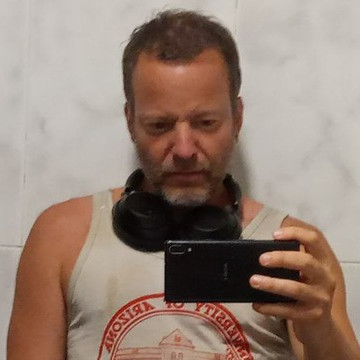About
Henning (Enric) Garcia Torrents is a professor in training and doctoral researcher at the Medical Anthropology Research Center, Universitat Rovira i Virgili (Spain). Their research focuses on medical anthropology, with an emphasis on mental health, social determinants of health, and non-coercive approaches to care. Henning’s doctoral project, supported by Spanish ministerial highly competitive grant, investigates shared decision-making and dialogic practices to transform mental health systems and reduce coercion, advancing socially engaged academic work.
Henning holds a master’s degree in biological anthropology from the Universitat de Barcelona, where they specialized in psychiatric genetics and neuroimaging. They also completed postgraduate studies in collective mental health and open dialogue. Their research trajectory includes collaborations with institutions such as Stanford Law School, the University of Arizona, and CIBERSAM, contributing to their interdisciplinary expertise across anthropology, neuroscience, and law.
Professionally, Henning teaches research methods and scientific communication, while also conducting ethnographic fieldwork within the EU COST Actions FOSTREN and ReMO, focused on reducing coercive interventions and supporting researcher well-being. They currently lead a taskforce on best digital mental health practices under the ongoing COST Action YouthDMH. They produced contributions such as a Springer book chapter on non-coercive practices and peer-reviewed publications in international journals.
As an active participant in the European research landscape, Henning engages with networks like the Aurora European University Alliance and multiple other initiatives. Their work reflects a strong commitment to fostering collaborative, rights-based approaches to mental health and building a health promoting culture. By bridging practice, policy, and research, Henning aims to promote well-being and meaningful reform both within and beyond academia.
Joined
October 2013
